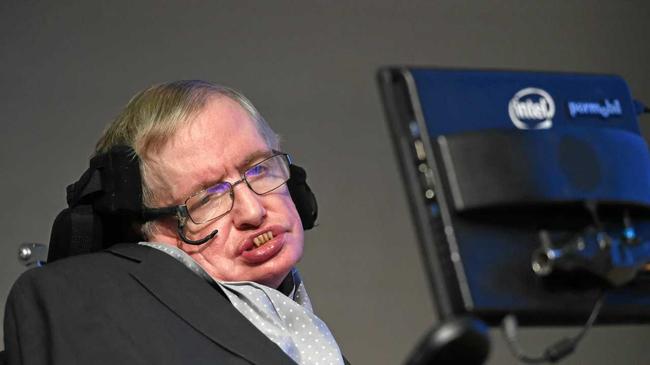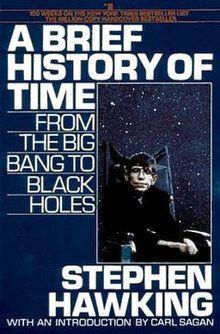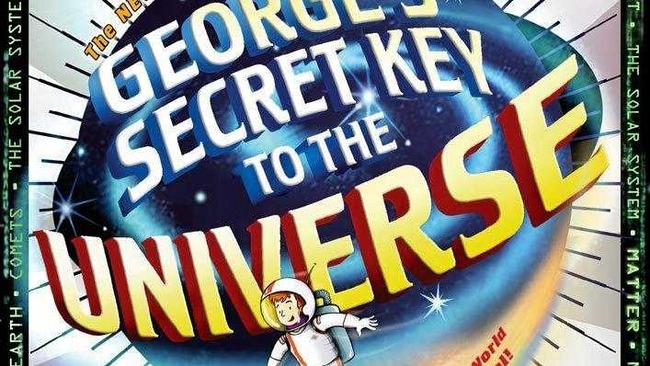OPINION: Hawking translated the world
Hawking had a knack for explaining the unexplainable in words we could all understand

Opinion
Don't miss out on the headlines from Opinion. Followed categories will be added to My News.
WHEN you think about people who have made major contributions to the world of science, you think about a few people; Issac Newton, Albert Einstein, Galileo Galileo, the list goes on.
But when you get to the 21st century, there is one name that sticks out among the rest, and that is Stephen Hawking.
Despite his major role in the scientific universe, he is often remembered by his disability - Motor Neuron Disease.
The disease, which paralysed him over a number of decades, is not what he should be remembered for.

His list of achievements is endless.
With too many to explain in depth and too many to list, let's stick to a few and start with A Brief History of Time.
The book, which explains the structure, origin, development and eventual fate of the universe in non-technical language, breaking down barriers between the every-day person and the study of astronomy and modern physics.

In 2005, he followed up the incredibly successful book with A Briefer History of Time - to make it even easier.
He released a children's book, George's Secret Key to the Universe, in 2007, with his daughter Lucy, to help children understand theoretical physics.
The loss of Stephen Hawking yesterday was not just a loss for his family and the scientific world, we lost someone who knew how to translate the world for us, and it's a true shame.
Originally published as OPINION: Hawking translated the world


